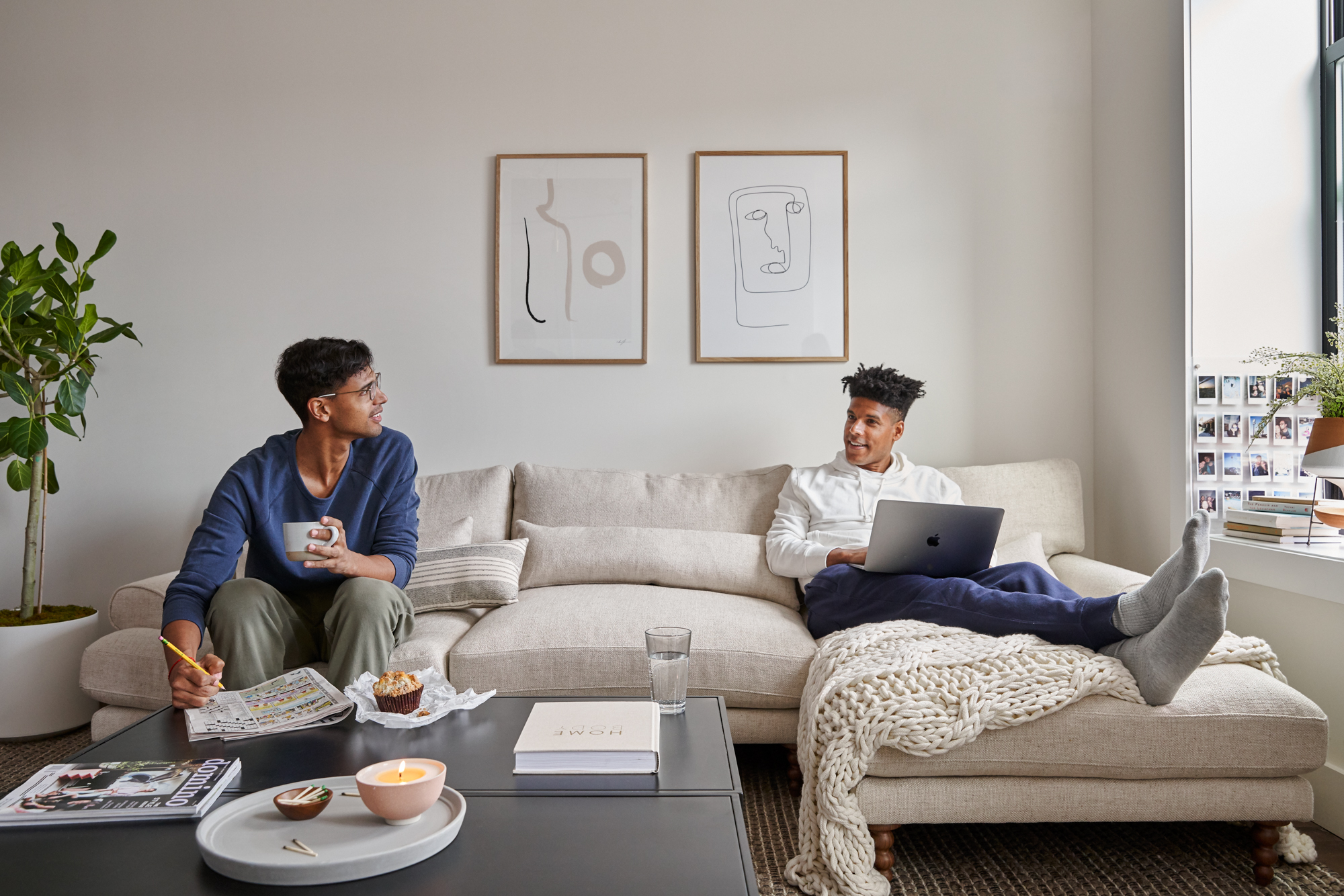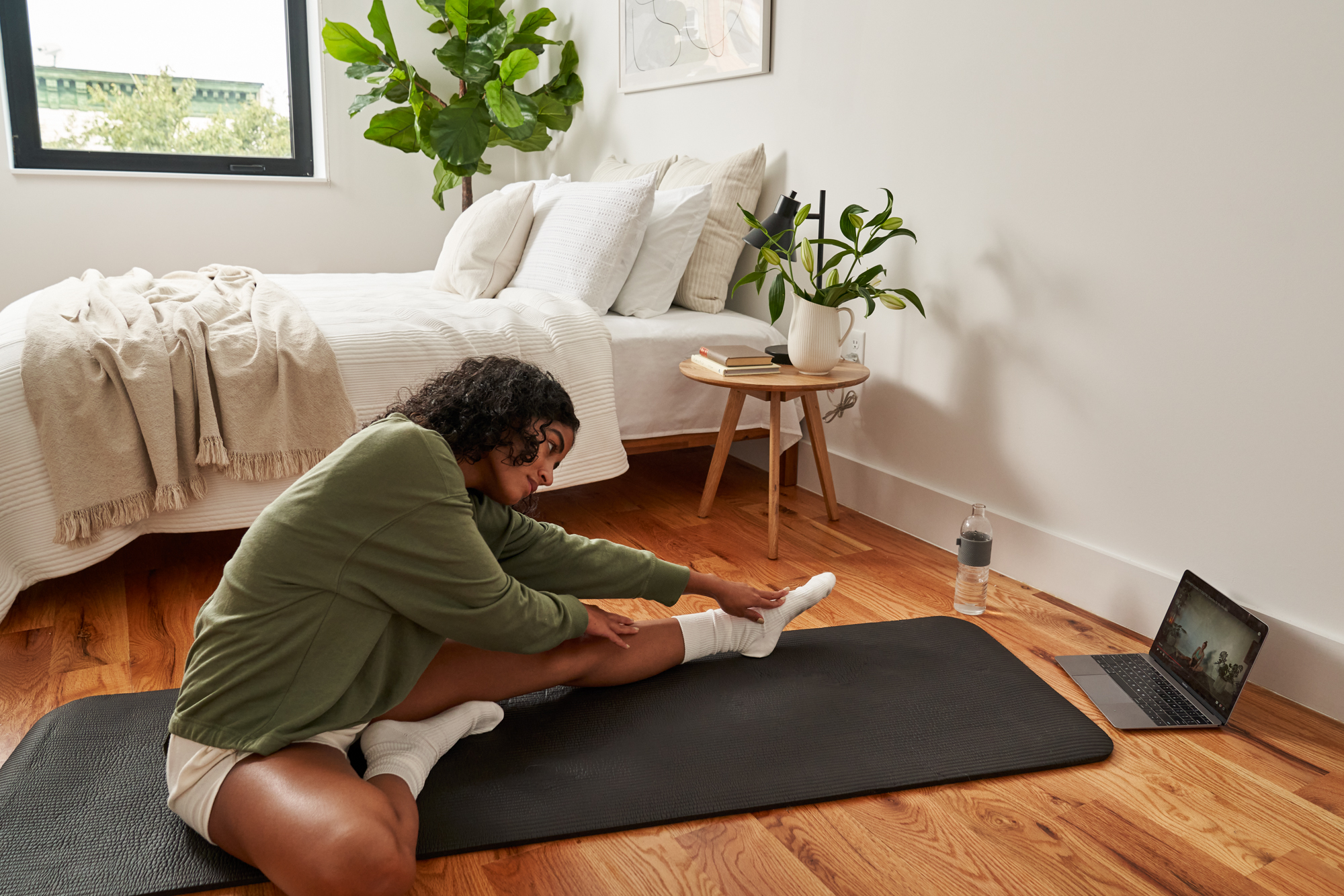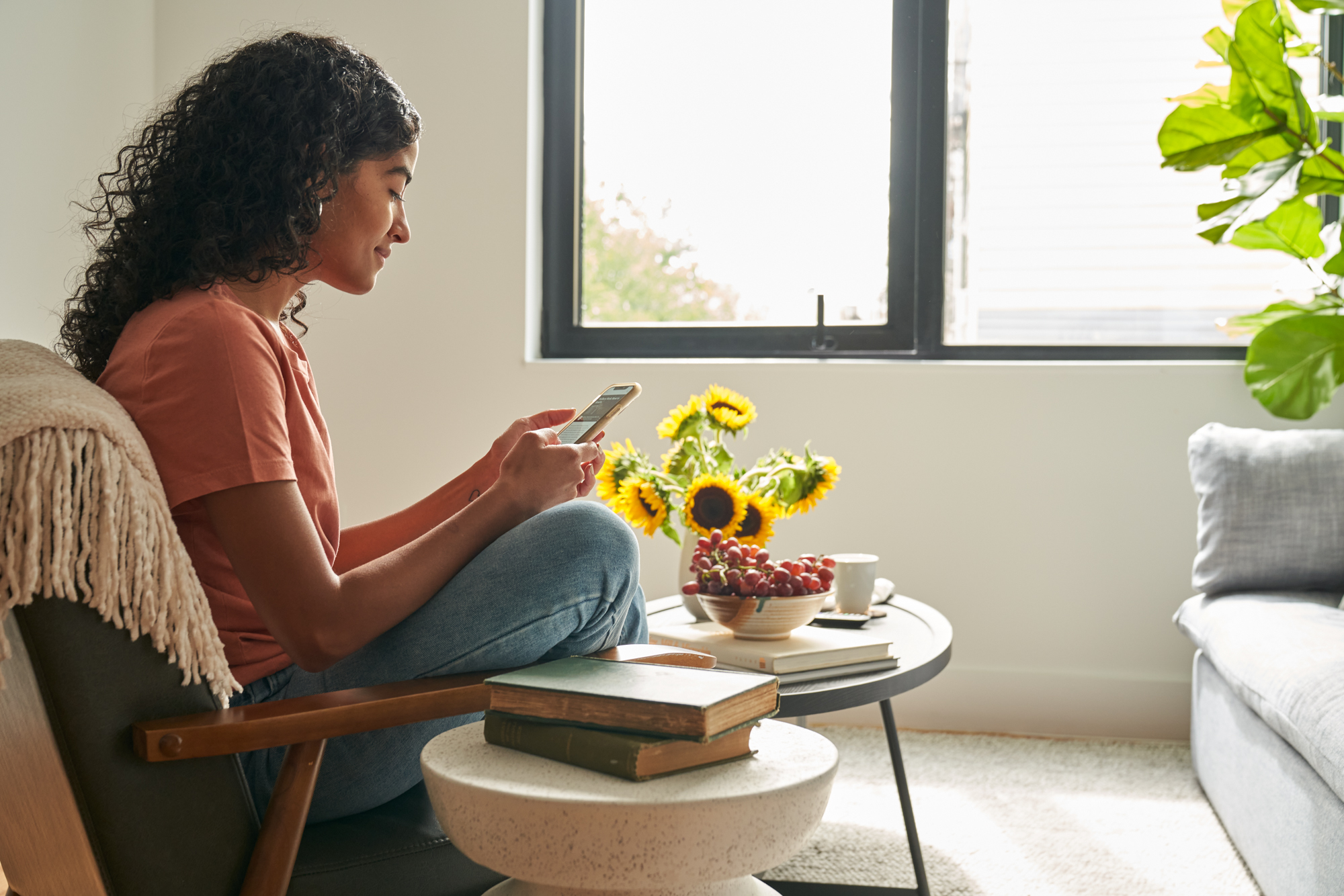Research shows that moving is the second most stressful experience a person can have in their life, alongside divorce and losing a loved one. While it sounds dramatic, it makes sense. Beyond dealing with the hassles of apartment finding, packing, and finding reliable movers, a move can involve uprooting one life for another — whether that means you’re moving neighborhoods and changing your local coffee shop, or moving countries and hundreds of miles away from your support system.
At Common, 50% of our members are new to the cities they live in — that’s thousands of people who are navigating life in an unfamiliar place. In honor of Mental Health Awareness Week and World Mental Health Day, we spoke to the experts at Talkspace, the #1 rated online mental health platform, for their tips on how to adjust to life in a new city and deal with the stress (and excitement) of building a new life.
Making new friends

The possibilities of a new city can soon feel draining when you don’t have close friends to share them with. Technology has made keeping in touch with long-distance friends easier, but as the pandemic has also taught us, the joy of IRL friendships is pretty hard to beat. Making new friends as an adult – even in a familiar place – might feel tough, but it’s not impossible.
Jill Daino, LCSW-R, BC-TMH, recommends looking at existing networks in your new city, especially at work, “If you’re starting a new job, reach out to one person at work to ask for recommendations in your new area. Your workplace may also have some social opportunities, like Slack channels specific to interests or location, built in, so don’t hesitate to ask colleagues.”
If you’ve moved to a new city without a job lined up, you still have options for making new connections. Liz Kelly, LICSW, suggests looking in the places you’d frequent anyway, “Become a regular somewhere like a gym, a coffee shop, or volunteer cause. You’ll end up running into the same people and eventually develop friendships.”
Creating new daily rituals and adapting to a different culture

Even if you’re moving within the same country, moving to a new city comes with some level of culture shock. Along with adapting to a different way of life (e.g, driving instead of walking everywhere when you move to Los Angeles from New York), you’ll also need to adapt your daily routine.
If you don’t have one already, Liz Kelly recommends using a routine to better adjust to your new home, “Routines can add structure and a feeling of safety and security to our lives. Think about what your ideal day would look like. How is it different from your schedule currently? When would you like to do things such as working out, sleep, chores, hobbies? See if you can make a small part of your ideal day a reality.” Knowing what to expect each day (or even just each Monday) can make you feel at home faster.
A new culture offers new opportunities to learn and explore, too. Ashley Ertel, LCSW, BCD, recommends taking full advantage of your unfamiliar surroundings, “Intentionally get lost. Literally! Drive around. Explore…Every time I’ve moved (which is at least 30x), I make a point to just drive around the city and surrounding towns/countryside. You can learn so much about your town, which can then make it feel much more inviting, if you’re willing to be a little adventurous.”
Feeling okay with uncertainty and the unknown

Humans are creatures of habit. Uncertainty in our daily lives and long term goals or future can send anyone into an anxious tailspin. But in a new city, you’re bound to run up against these feelings. Alongside talking to a therapist, there are a few additional ways of coping with the unknown.
Meaghan Rice, PsyD, LPC, advises to “Remember that we all start somewhere, that there’s a certain amount of uncertainty in all new things that we embark on. But, if we are comfortable we probably aren’t changing, so I like to constantly put new things on the radar.” Recognize that change and discomfort are awesome opportunities for growth, which is probably why you took the risk of moving to a new city in the first place!
Ashley Ertel also recommends a similar approach to reframing your new challenges, “Sometimes it is helpful for me to “reframe” the experience as an adventure or to think of it as an experiment. If I were a curious scientist, I would not be bound to any particular expectation. I would be open to whatever happens and excited at every step of the process. The same is true for moving…Experiment with new restaurants and cultural experiences so that when your friends and family come to visit you have something new and exciting to show them too!”
However, know that it’s totally understandable to have moments of anxiety or self-doubt after your move. Kate Rosenblatt, MA, LP, LMHC, says “Know that it’s also ok to not feel ok. Expecting there to be some challenging times and some big feelings is often part of the experience of a move, so doing your best to give yourself some grace and self-compassion is key.”
Common x Talkspace

To make life in a new (or familiar) city more manageable for our residents, Common is thrilled to share that we’ve partnered with Talkspace to offer our members $100 off their online mental health platform. Talkspace lets you send private text, audio, and video messages to your therapist, who responds daily, 5x/week. Real-time live sessions and psychiatry appointments are available in select plans. Learn more about how Common makes city living easy on our website or sign up for Talkspace today.

